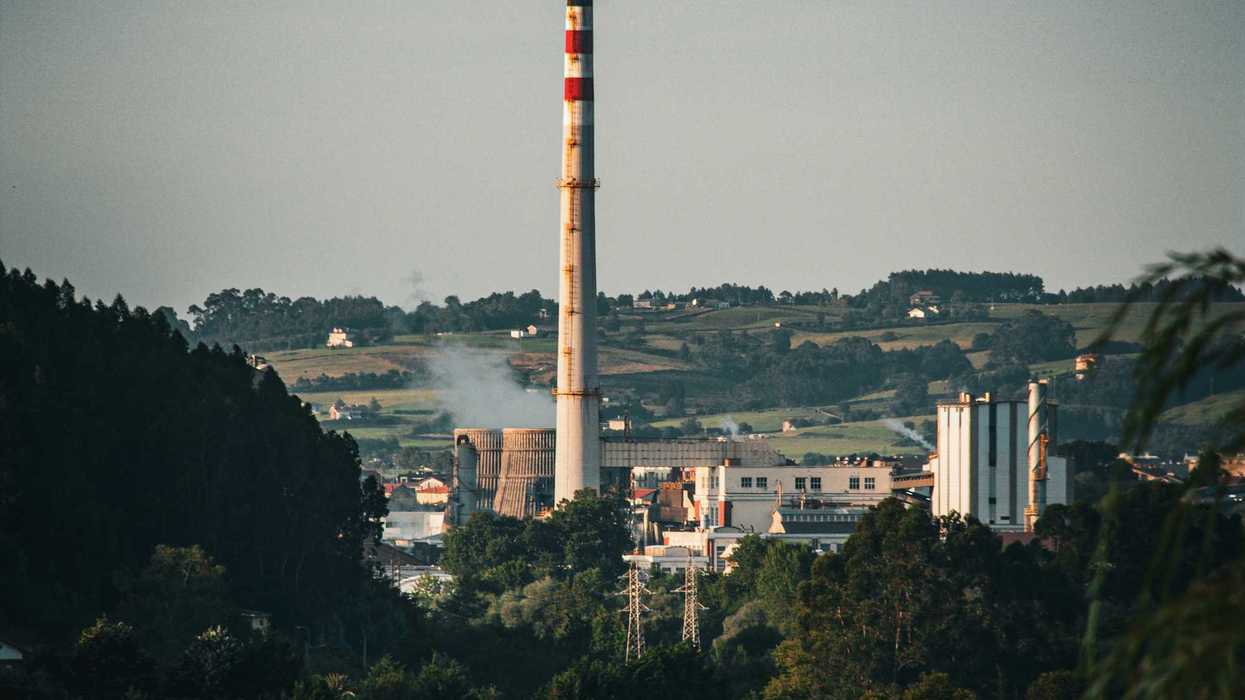In Nebraska's fields, Maya farmers from Latin America are revitalizing the landscape with traditional milpa farming practices, designed to enrich biodiversity and mitigate climate change impacts.
Anja Nilsson reports for Feet in 2 Worlds.
In short:
- The milpa farming method intercrops various plants to maintain soil integrity and enhance ecosystem health.
- Luis Marcos leads Nebraska's Maya community in implementing these sustainable practices as a way of cultural and environmental preservation.
- This initiative counters monoculture's drawbacks and aligns with global efforts to leverage nature-based solutions for climate change.
Why this matters:
Rooted in a Mesoamerican method of intercropping corn, beans, and squash, milpa encourages biodiversity and has become increasingly relevant as a sustainable model in the face of climate change. As the global community seeks effective strategies to manage climate change, embracing indigenous knowledge offers a viable path forward.
Related: Alexa White argues that the global food system is failing small-scale farmers — and suggests some ways we can fix this.














